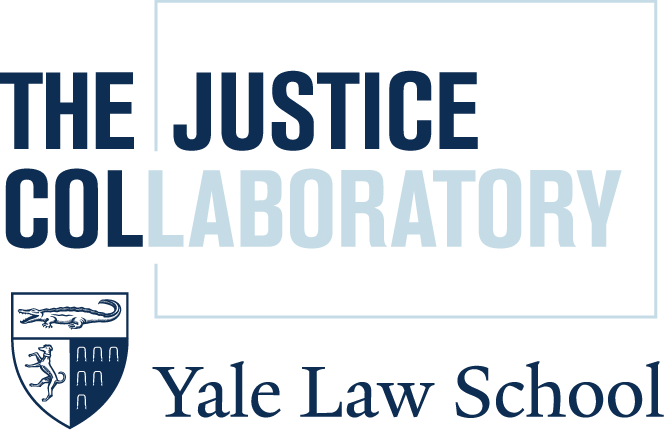
Procedural Justice
Procedural justice is defined by fairness of interactions between authorities and the public. Procedural justice theory has been applied to various settings, including the criminal justice system.
Procedural justice is backed by decades of academic research and has been strongly shaped by the work of Tom R. Tyler, Macklin Fleming Professor of Law and Psychology at the Yale Law School and one of the Founding Directors of the Justice Collaboratory. Various faculty members and staff have undertaken a variety of projects involving the study of procedural justice in both legal and community settings.

Yale Law School’s Justice Collaboratory has partnered with the Association of Prosecuting Attorneys and LaGratta Consulting to develop the Elevating Trust and Legitimacy for Prosecutors Project. Through a multi-phase site selection process, project partners chose the Salt Lake County District Attorney’s Office, Saint Paul City Attorney’s Office and Columbus City Attorney’s Office as the project pilot sites to engage in a year-long collaborative assessment, planning, and implementation process of procedural justice practices.
Yale Law School’s Justice Collaboratory has partnered with the Association of Prosecuting Attorneys and LaGratta Consulting to develop the Elevating Trust and Legitimacy for Prosecutors Project. Through a multi-phase site selection process, project partners chose the Salt Lake County District Attorney’s Office, Saint Paul City Attorney’s Office and Columbus City Attorney’s Office as the project pilot sites to engage in a year-long collaborative assessment, planning, and implementation process of procedural justice practices.
The Justice Collaboratory conducted a study of perspectives of individuals working at the frontline of six key institutions in New York City’s criminal justice system: prosecutors, defense attorneys, judges, correction officers, probation officers and Criminal Justice Agency interviewers.
In partnership with the Connecticut State Department of Correction and LaGratta Consulting, The Justice Collaboratory designed and evaluated an intervention focused on increasing procedural justice inside correctional facilities.
The Justice Collaboratory and members of the National Initiative for Building Community Trust and Justice have designed intervention programs that aim to improve police-community relations in six pilot cities around the country.
Twitter launched a project called Birdwatch which allows some form of community governance. Using this data we want to examine the success of Birdwatch.
The Community Vitality Study (CVS) is a series of research surveys of police officers and the residents of US cities. The primary goal of the CVS is to better understand the views that both residents and police officers have on police-community relations and other local public policy issues.
The Justice Collaboratory explored the influence of school-based policing on adolescent safety and wellbeing, as well as on juvenile perceptions of the criminal justice system.
The Justice Collaboratory conducted a community study on behalf of the New York City Mayor’s Office of Criminal Justice (MOCJ), looking into New Yorker’s engagement with the city government.









